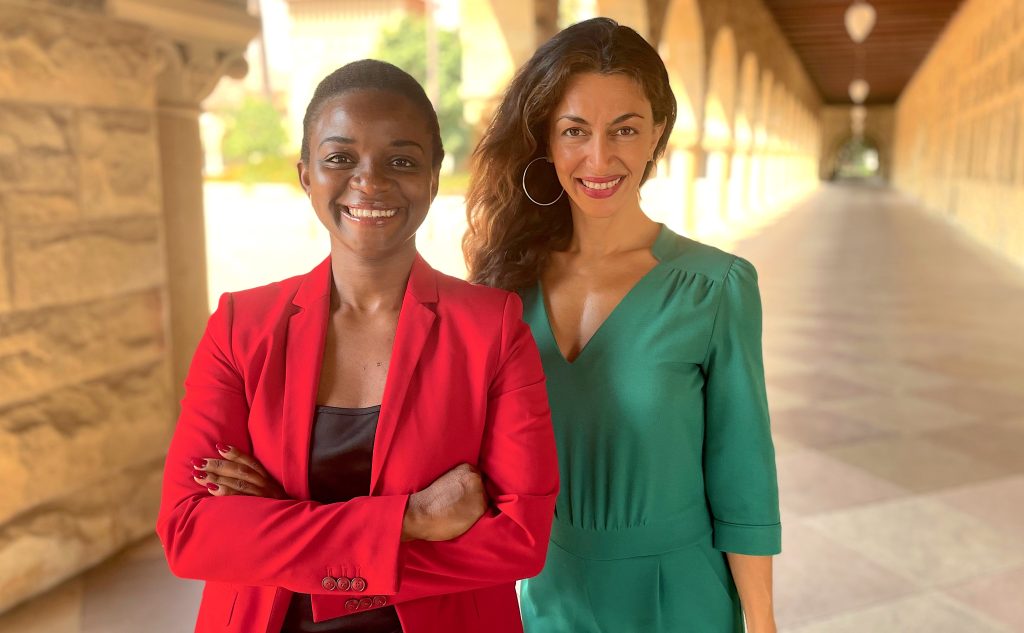event
Content Moderation & Civil Society: Case Studies from Zimbabwe, Russia, Palestine and Brazil
February 17th, 2022 - 9:00 am to 10:30 am PST

This private workshop on content moderation approaches from civil society representatives will explore the current practices, challenges and perspectives of civil society actors in Zimbabwe, Russia, Palestine and Brazil in addressing online content issues.
As technology platforms have come to play a central role in information environments around the globe, a relatively small number of platform companies have become central to the health of those ecosystems. Product, policy and process changes from a private sector company can affect billions, particularly in the many countries and communities where companies lack detailed contextual understanding. While the largest user population lies outside of the US, content moderation efforts have largely focused on the American and European markets. Learning from approaches across the rest of the world can help to address content issues in the US even before they become challenges.
Content moderation is often treated as the sole problem in the social media ecosystem, and major tech platforms are tasked with solving this problem without incorporating the crucial perspective of civil society groups in this process. It is a process from rule creation, to enforcement that requires a multi-stakeholder approach and harnessing local expertise, bridging the gap between industry and those seeking to engage with industry while establishing trust, agency and safety.
Through case studies from Zimbabwe, Russia, Palestine and Brazil, the workshop will highlight innovative practices undertaken by civil society experts to address content issues and serve as a foundation for meaningful content policy involvement of civil society organizations globally. The conversation will also serve to harness methods to address content moderation, and help to share and produce improved and adequate business principles.
This is an invite-only, private session that is part of a workshop series organized and moderated by fellows Julie Owono and Niousha Roshani for the Content Policy and Society Lab (CPSL), a project of the Program on Democracy and the Internet. This event is co-sponsored by the Cyber Policy Center and Stanford PACS.
Speakers

Tawanda Mugari is the Co-Founder and CTO of Digital Society of Africa (DSA), an organization that strengthens the resilience and abilities of frontline activists, human rights defenders and other at-risk groups in the region to independently recognize and respond to digital threats and attacks. DSA seeks to achieve this using the holistic security approach, including organizational security audits, risk assessment, training, sustainable security accompaniment, and tech support. To date, more than 500 individual human rights defenders, and over 60 organizations have received assistance and capacity-building support from DSA. Recently Tawanda was selected to become one of the 2021 Ford Foundation Global Fellows.

Inna Suvorova is a journalist specializing in AI and its impact on civil society actors. She is also the head of the investigative team of the IFreedomlab project. IFreedomlab aims to unveil harmful practices of private tech companies in Russia and foster the protection of the digital rights of their users, including campaigning for privacy and data protection, ensuring higher transparency of platforms by making relevant information available in Russian, and monitoring the web connectivity of the Russian Internet segment with other parts of the global network and collect data on additional parameters like the number of telecom licences in Russia and AS.

Nadim Nashif is a social entrepreneur and digital rights defender. He is also the founder and executive director of 7amleh – The Arab Center for the Advancement of Social Media, a Palestinian digital rights organization. Nadim is also a senior policy analyst for Al-Shabaka: The Palestinian Policy Network. For the past 20 years, he has worked on community development issues and digital equity.

Nina da Hora is a computer scientist and an anti-racist hacker in Brazil. She specializes in Fairness and Ethics in AI and has founded Computação da Hora, Instituto da Hora and Ogunhê, initiatives to make computer literacy more available for African-descendants in Brazil, and showcase prominent computer scientists in Brazil and the African continent. Nina is also a developer certified by the Apple Developer Academy and a columnist for the MIT Technology Review in Brazil. She recently joined the Tik Tok Brazil Security Advisory Council, where she advises on content policies, safety strategies, and product launches.
